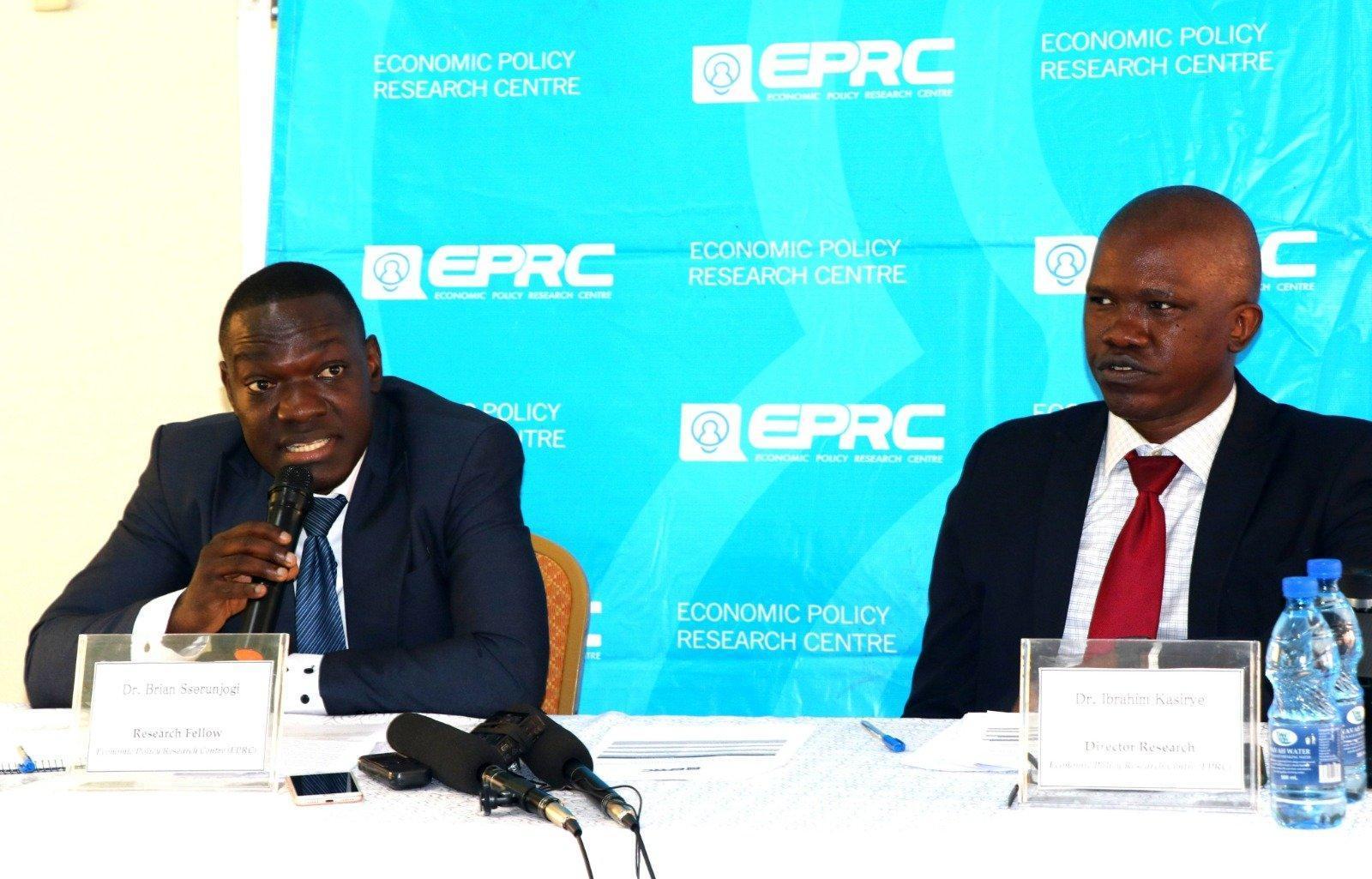Africa-Press – Uganda. Uganda’s business confidence slightly weakened in the first quarter of 2025, with the Economic Policy Research Centre (EPRC) reporting a 2.3-point drop in its Uganda Business Climate Index (UBCI), from 91.1 in the last quarter of 2024 to 88.8.
The modest decline reflects a slowdown in business activity, sales, and profitability, especially among micro and small enterprises.
Brian Sserunjogi, the EPRC Research Fellow leading the quarterly survey, said the drop, though notable, is not cause for alarm.
“While we saw a modest drop in business confidence, especially among micro and small enterprises, the outlook remains positive. The decline reflects real but manageable challenges in the operating environment,” he explained.
Despite the drop, most businesses remain hopeful. Many surveyed enterprises expect better performance in the coming months, banking on anticipated improvements in demand—especially during the Easter period—sales turnover, and general profitability. Retailers and hospitality operators in particular foresee an upturn.
The UBCI is compiled from a survey of 1,152 formal businesses across Uganda, offering a real-time snapshot of sentiment in Micro, Small, and Medium Enterprises (MSMEs), which account for a large share of economic activity.
Sectoral performance in the index varied. The manufacturing sector posted a 4.8-point rise from 76.9 to 81.6, thanks to increased product prices, better profits, and stronger capacity utilisation, particularly among large firms in beverages, cement, and pharmaceuticals.
In contrast, the agriculture and services sectors posted declines of 4 and 1.2 points, respectively.
Agricultural SMEs—especially those in tea, dairy, flowers, inputs, and post-harvest services—struggled with lower profits, labour shortages, and reduced activity.
In services, foreign exchange firms, creative arts players, cargo handlers, and real estate businesses reported falling profits and a drop in sales turnover.
The report also flagged longstanding issues that continue to frustrate business growth:
Concerns over multiple taxation rose by 5.2 points, from 72.0 to 77.2.
Competition from informal operators worsened, rising by 5.6 points to 68.4.
Power supply challenges became more acute, with related complaints jumping by nearly 7 points—from -4.1 to 11.0—compared to the previous quarter.
These constraints are hitting micro and small firms the hardest, with limited access to finance singled out as a persistent concern.
To address these bottlenecks, the EPRC recommends policy reforms including:
A unified payment system integrating sector-specific taxes, licences, and levies, to reduce the compliance burden on businesses.
This would require coordination between the Ministry of Finance, Uganda Revenue Authority, and local governments.
Enforcing trade order and zoning regulations through collaboration between the Ministry of Trade and the Ministry of Local Government, particularly in rapidly urbanising areas.
Investment in a more reliable power grid by the Ministry of Energy and UEDCL to reduce outages and ensure dependable service to industrial zones and business hubs.
While the first-quarter figures signal caution, the EPRC maintains that Uganda’s business environment remains resilient—with proper policy support, the private sector is likely to bounce back.
For More News And Analysis About Uganda Follow Africa-Press






